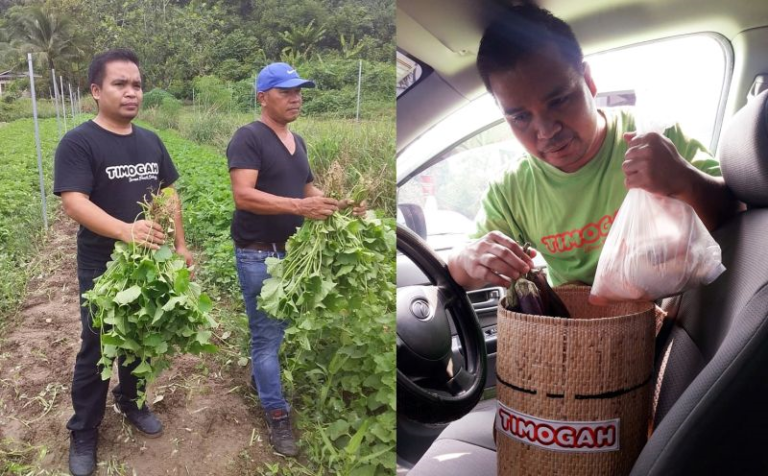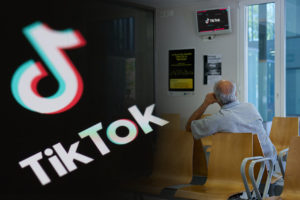There is often a conflation between purpose and mission in business culture today. However, both are fundamentally different.
A mission-driven initiative asks, “what should we accomplish” but a purpose-driven one takes a deeper dive and asks, “why should we accomplish it.”
Nowhere is this more important than in the post-COVID reality that has forced us to rethink our conduct in light of physical distancing measures, remote working environments and increased health surveillance. The companies that come out on top are those that take one step further and embrace a purpose-driven business in post-pandemic recovery.
Such a business acts in ways that are meaningful and socially beneficial. These organisations are driven by leaders who can articulate a forward-looking agenda that has positive consequences with a reach beyond just themselves.
Sustainability and supply chain transparency
COVID-19 has given us an opportunity to reconfigure our conduct of business and make our operations more sustainable and transparent. As the global economy begins its recovery, companies that have sustainable supply chains stand as a better investment opportunity as they are far more resilient against any future disruptions. Thriving supply chains with a purpose also enhance brand reputation by reducing reputational risk and standing out as a trustworthy enterprise.
Supply chain transparency is especially important for companies to achieve true resilience amid economic uncertainty. Businesses must gain full visibility of their supply chain in order to understand and assess their risk exposure and drive sustainability.
In the new normal, more sophisticated cost and risk analysis will factor into supply chain sustainability. This will require a reassessment of supply chain relationships and to look beyond cost as the only factor for choosing suppliers. And the end result? There will be a stronger trend towards local sourcing and a preference towards more sustainable suppliers.
Timogah: A sustainable supply chain success story
Back in 2017, Heineken Laluan quit his job as a full-time teacher to set up Timogah, an e-marketplace selling fresh produce from Sarawak. Three years on, Timogah has emerged as a disruptor in the agriculture trade managing more than 80 consistent orders daily.
A response to a messy local supply chain in Sarawak, Timogah disenfranchises small time farmers and privileges middlemen. To ensure farmers get the profits that they deserve, Timogah connects them to customers in Sarawak while managing the logistics on both ends. In the beginning, it was tough convincing farmers who were foreign to the concept of e-commerce.
However, after overcoming the initial teething fears, Heineken managed an incredible feat: they onboarded nearly 50 small rural farmers and local food producers to market and distribute authentic Bornean agricultural produce.
Responding to a dire need in the community, Timogah also helps bridge the gap between rural farmers and those living in the cities. Farmers now know the demand of their consumers and can plan their growth and harvest accordingly. The end-to-end visibility across the supply chain is also an effective way to adequately meet demand while reducing food wastage.
For all his good work, Heineken was shortlisted among 21 finalists for the 2020 Shell LiveWIRE Top Ten Innovators Awards under the Local Prosperity category. The award is a global competition that highlights and rewards businesses that demonstrate excellence in innovation.
Corporate leadership in sustainability
Heineken’s experience with Timogah reiterates the importance of leadership when it comes to matters of sustainability no matter how large or small one’s enterprise is. Businesses should eschew fast profits in the expense of environmental and social damage and work across industries to develop cohesive sustainable best practices.
Corporate sustainability has proven to help improve brand image, reduce operational costs, increase productivity and lead to better overall company performance.
In achieving this, corporate responsibility is essential in ensuring the buy in from the top brass of a company’s leadership influences suppliers to also commit to sustainability measures. This is not a one-man mission; it involves stakeholders from all parts of the supply chain in order to make happen.
2020 marks the fifth year commemorating the United Nations Sustainable Development Goals (SDGs) where global partners have committed to building an environmentally sustainable future. Supply chain sustainability is a crucial component in making this a reality. Every effort counts no matter big or small—whether one is a founder of an agricultural supply chain operator or the CEO of a Fortune 500 company.
The time for action is now.
As a partner to the United Nations Global Compact Network Malaysia (GCMY), Engage Southeast Asia (SEA) empowers organisations and the C-suite to tailor their purpose-driven communications. Purpose informs business decisions, corporate culture and deepens credibility. Contact us today to customise effective sustainability communications for tangible business value.






